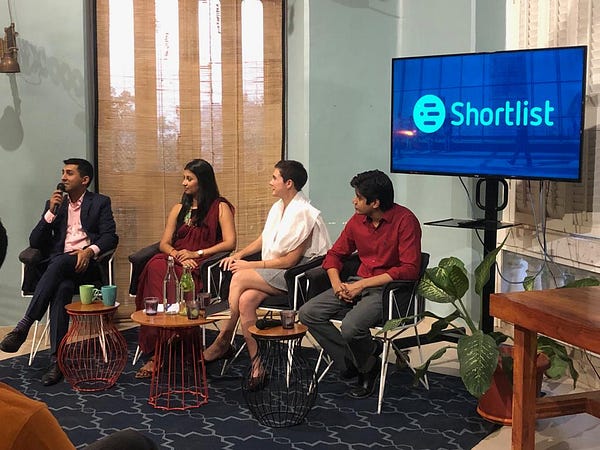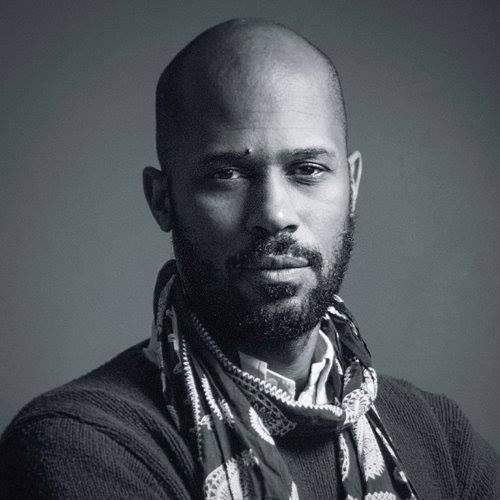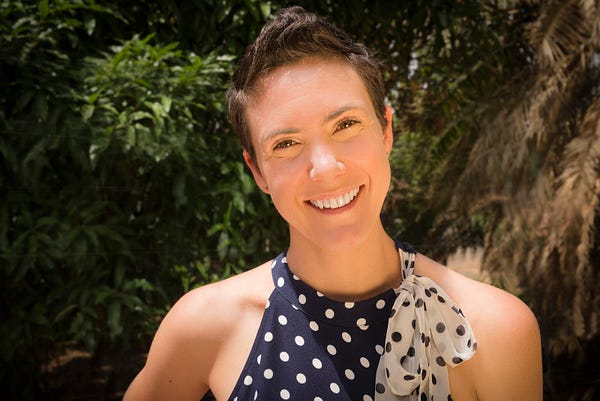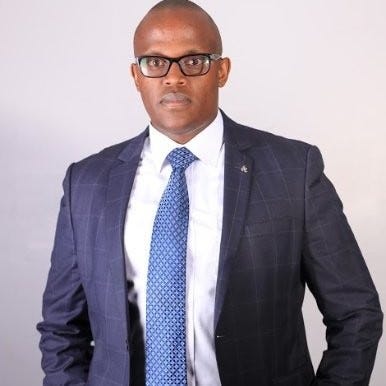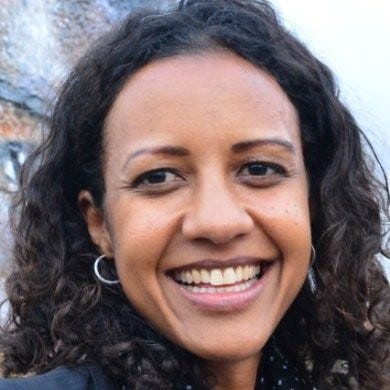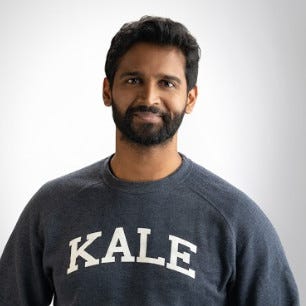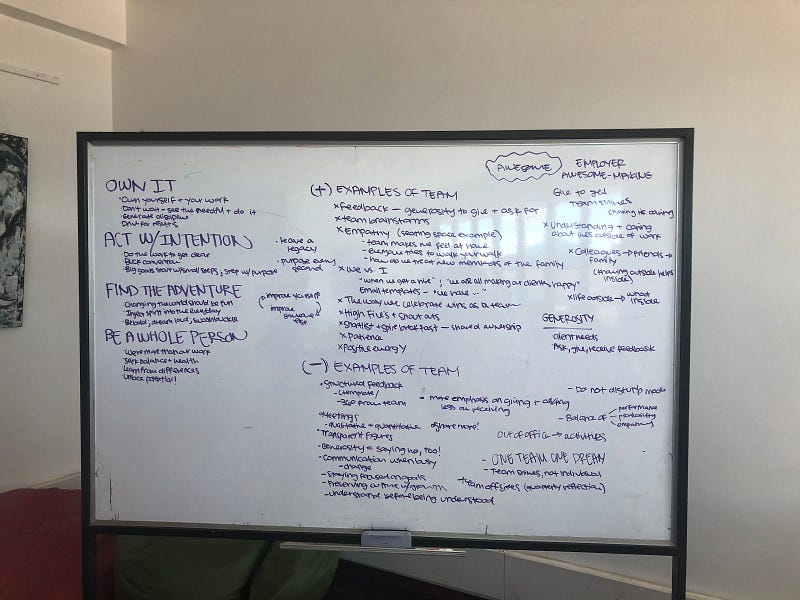Last week we held a panel discussion on ‘Building Happier, More Human Workplaces In The 21st Century.’ Moderated by our Managing Director of Shortlist East Africa, Ariane Fisher, this fascinating conversation highlighted key ways you can increase employee satisfaction and reduce attrition rates. Many thanks to our panelists Ria Shroff Desai, AVP People Operations at Sula Vineyards, Dr. Marcus Ranney, General Manager, India at Thrive Global and Gaurav Singh, CEO of 3.2.1 Education Foundation for sharing their insights with our audience. Thanks to the Ministry of New for hosting us!
The panelists shared many of their experiences and approaches to creating happier workplaces — we’ve distilled them here for you:
1. Managers that provide ‘psychological safety’

When stressing the importance of managers providing relentless support to their employees, Ria Shroff Desai explained, “I believe in the power of good managers. It is a very well documented fact that employees do not quit jobs, they leave managers.”
“One of the most important things managers can provide to employees is psychological safety. This was something that Great Place To Work has done significant research on — the importance of psychological safety in several Asian countries. They found that Indians tend to value ‘psychological safety’ ten times more than people working in other countries. When working in a team, aspects such as teamwork, innovation and collaboration were not regarded to be as important as support from their managers.”
“Employees take risks. They need managers to have their back and provide feedback in a non-threatening manner.”
2. Instilling a sense of purpose in employees
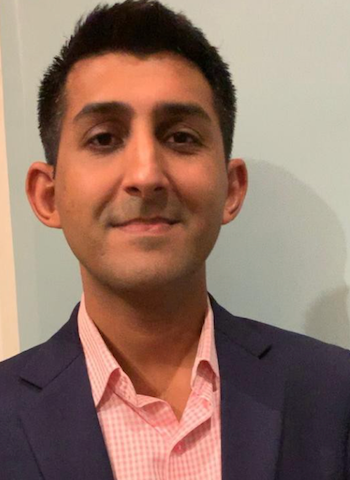
Thrive Global is a U.S.-based behaviour change technology and media company founded by Arianna Huffington that is dedicated to ending the stress and burnout epidemic worldwide. Dr. Marcus Ranney, the General Manager of Thrive Global in India, shared how crucial instilling a sense of purpose in employees is for creating happier workplaces that prevent burnout. He said, “As we look at a workforce that is becoming increasingly stressed, increasingly burnt out at work, if we as managers are able to drive a connection between the job a person is doing, who they are doing it for and what that person gets out of that piece of work. We will hopefully be able to build much happier and more productive workplaces.”
Talking about the methodology to instill this culture in your company Marcus said, “you can take micro steps towards getting happiness and purpose at a workplace”.
While addressing the challenges you may face in your company when trying to achieve employee satisfaction — Dr. Ranney not only highlighted the role of stress in straining the workforce but also shared his opinion on instilling a sense of purpose in employees that can give way to happier workplaces.
“80% of India’s workforce says that they are stressed at work. 60% of whom wanted to leave the workforce because of the stress. 92% of millennials said they do not have the resilience to cope with the stress around them. This immense pressure is causing strain on the workforce.
I feel the solution lies in creating a sense of purpose for employees. Several companies, including Hindustan Unilever and Thrive Global are currently working on creating that sense of purpose and belonging to motivate millennials and other members of the workforce.”
3. Thinking like an employee, not a CEO

Gaurav Singh is the founder of a pathbreaking education organisation called 3.2.1 Education Foundation. Drawing from his personal experience, Gaurav said, “I always wanted to build a workplace that I would want to work at”. In terms of culture, career progression and overall learning, Gaurav believes it is more about the journey than the destination. He said, “We want our employees to have a journey that they look back at fondly” and that is the culture he is trying to build.
4. Allowing employees to prioritize their families
Citing a practice that has been applied at Sula Vineyards to satisfy their diverse workforce, Ria Shroff Desai spoke about coordinated leaves: “We made a decision about three years ago that Sula is going to take school vacations. Our entire company is going to go on leave twice a year, including the CEO. The reason we did that is because we are a company of families. And schools have their summer holidays in May, so we are not going to penalise you for taking time off to go on a break with your children. We review this policy every year and it has been a success”.
After the panel, the audience had the opportunity to make peer connections as well as share real-life experiences as managers and employees. It was a wonderful opportunity to see several high-caliber professionals talk about the impact of implementing policies to boost friendly behavior at offices that can lead to happier workplaces. We want to give out a special thanks to our panelists for their time and insights.
To stay in the loop about future events (across India and Kenya) and to receive talent tips and resources straight to your inbox, sign up for our newsletter here.
More about our panelists
Ria Shroff Desai
Ria is AVP of People Operations at Sula Vineyards, whom you all know as the maker and seller of some of India’s best and most premium wines. Her expertise includes working with CXO teams to align strategic goals with actionable objectives and the people required to attain them while focusing on building strong, sustainable and smart teams. Outside of work, Ria is passionate about the social and nonprofit sectors and loves to take on pro bono consulting assignments. She is also a runner — and has completed 3 half marathons!
Dr. Marcus Ranney
Dr. Marcus Ranney currently the General Manager of Thrive Global, India, has previously served as a medical officer in the Royal Air Forces and at NASA’s Kennedy Space Center. Marcus, a champion of wellbeing, was appointed as a ‘Global Shaper’ by the World Economic Forum in 2013. Working as a Futurist, his current research is focused on what the future of health and society will look like in 2030. Marcus is a keen athlete and long-distance runner, holds a Guinness World Record for backward running and thoroughly enjoys being a father to his two young children.
Gaurav Singh
Gaurav Singh, the founder and CEO of 3.2.1 Education Foundation, is an engineer by education who worked at Accenture before becoming taking up the challenge of becoming a Teach For India Fellow in its founding batch. He started 3.2.1 Education Foundation in 2012 and was awarded the Ashoka Fellowship and Echoing Green Fellowship in 2013 for his work. 3.2.1 Foundation has completed its engagement with over 80 schools impacting more than 1,500 educators and 70,000 children.





